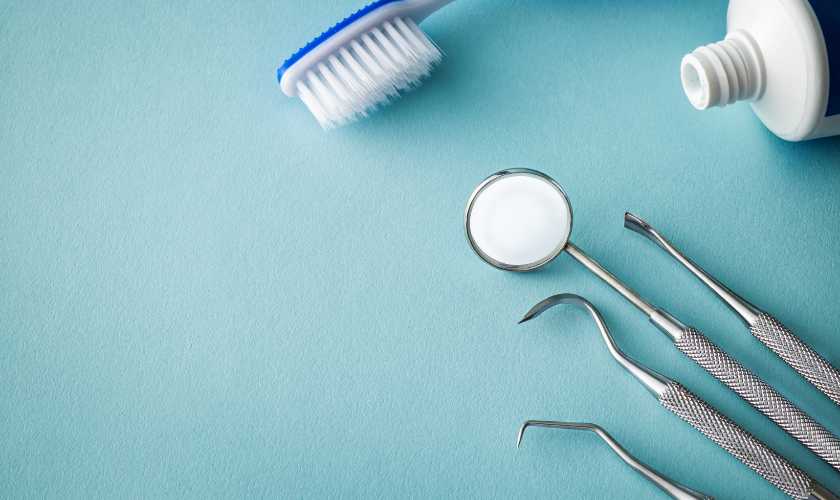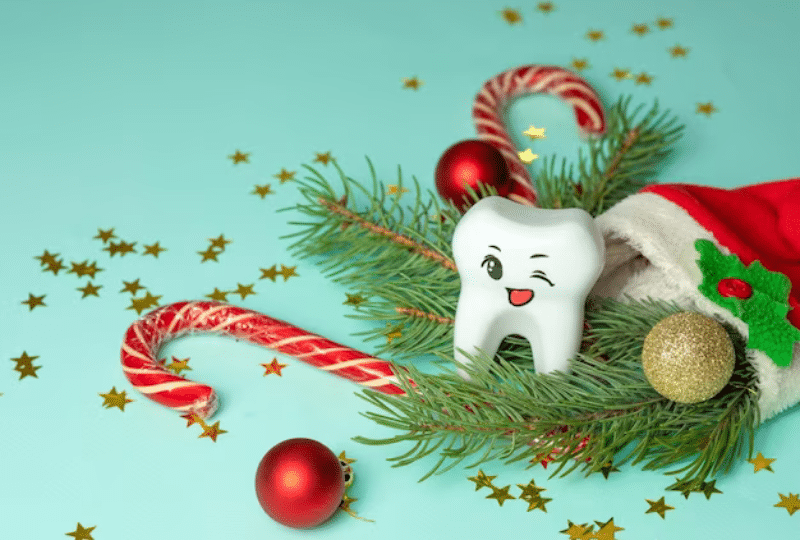How Many Times A Year Should You Visit A Dentist?

How Often Should You Visit A Dentist
Regular dental check-ups are essential for maintaining optimal oral health. While daily oral hygiene practices are crucial, they are not enough to ensure a healthy smile in the long run. Visiting a dentist at the right frequency allows for early detection and prevention of dental issues, ensuring prompt treatment and overall well-being. In this blog post, we will discuss the recommended frequency of dental visits, factors that may influence it, and the importance of regular check-ups.
The General Recommendation:
- Twice a Year:
- The general guideline for dental visits is to schedule an appointment with your dentist twice a year.
- This means visiting the dentist every six months for a thorough examination and cleaning.
- Prevention and Early Detection:
- Regular dental visits help in the prevention and early detection of dental problems.
- Dental professionals can identify signs of tooth decay, gum disease, oral cancer, and other oral health issues before they become severe.
Factors Influencing Visit Frequency:
- Personal Oral Health:
- The frequency of dental visits can vary based on an individual’s oral health condition.
- If you have a history of dental problems, such as frequent cavities or gum disease, your dentist may recommend more frequent visits.
- Age:
- Children, teenagers, adults, and older adults have different dental needs and may require different visit frequencies.
- Children and teenagers may benefit from more frequent visits to monitor growth and development, while older adults may need closer monitoring of oral health due to age-related concerns.
Importance of Regular Check-Ups:
- Professional Cleaning:
- Regular dental visits include professional cleanings performed by dental hygienists.
- Professional cleanings help remove plaque, tartar, and stains that cannot be eliminated through regular brushing and flossing alone.
- Early Detection of Dental Issues:
- Dental professionals are trained to detect dental problems at their early stages.
- Regular check-ups allow for the identification of cavities, gum disease, oral infections, and other issues before they cause significant damage or pain.
- Preventive Measures:
- Dental visits provide an opportunity to receive preventive treatments, such as dental sealants and fluoride applications.
- These treatments help protect teeth from decay and strengthen tooth enamel.
- Oral Cancer Screening:
- Regular dental visits often include oral cancer screenings.
- Early detection of oral cancer greatly improves the chances of successful treatment and recovery.
Individualized Recommendations:
- Dentist’s Assessment:
- Your dentist is the best person to assess your oral health and determine the ideal visit frequency for your specific needs.
- Based on your oral health history, risk factors, and current condition, your dentist can provide personalized recommendations.
- Treatment Plans:
- If you are undergoing dental treatments or procedures, your dentist may recommend more frequent visits during the treatment period to monitor progress and ensure optimal results.
Maintaining Oral Health at Home:
- Daily Oral Hygiene:
- While regular dental visits are crucial, maintaining good oral hygiene at home is equally important.
- Brush your teeth at least twice a day using fluoride toothpaste, and floss daily to remove plaque and food particles.
- Healthy Lifestyle Choices:
- Practice a healthy lifestyle that promotes good oral health.
- Limit sugary and acidic foods, quit smoking, and consume a balanced diet rich in fruits, vegetables, and whole grains.
The Bottom Line
Visiting a dentist at the recommended frequency is vital for maintaining optimal oral health. While the general guideline suggests twice-yearly visits, individual factors such as oral health conditions and age may influence the ideal visit frequency. Regular check-ups allow for preventive care, early detection of dental issues, and professional cleanings that complement daily oral hygiene practices. Your dentist will provide personalized recommendations based on your unique needs, ensuring that you receive the best possible care to preserve your smile and overall well-being.




